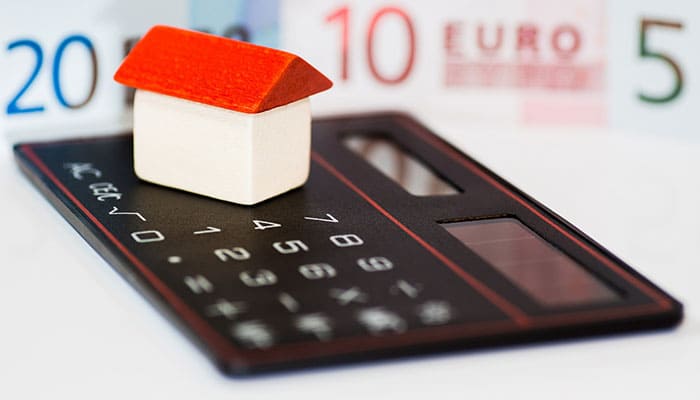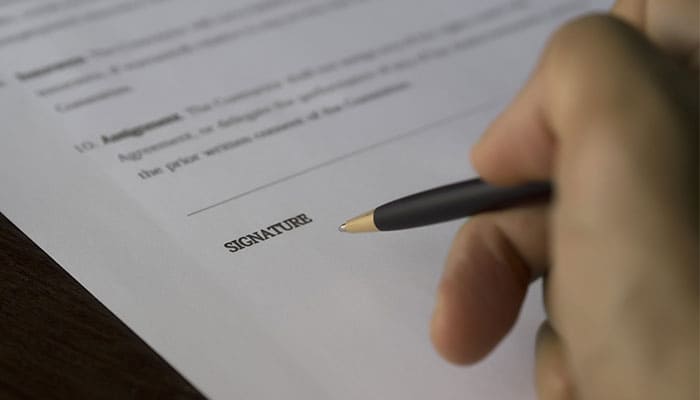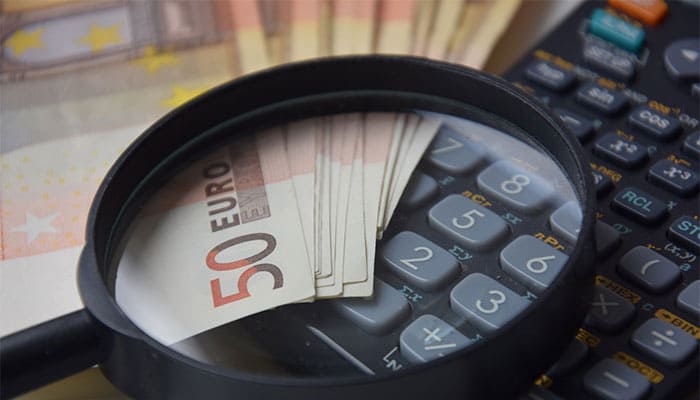Buying a property in Spain
Today’s blog focuses on the real estate purchase process and answers the question that many first-time buyers on the Iberian Peninsula may have, which is: “What do you need to do to buy a property in Spain?”.
In mid-May, I wrote about the steps you need to take to sell your Costa del Sol property, but it occurred to me that I haven’t covered the basic requirements for home buyers; especially those who are unfamiliar with the process in Spain and intend to make their purchase in the near future.
With this is mind, I’ll try to explain the process of how to buy a property in Spain, from initial reservation to picking up the keys and moving into your dream home. So, here goes…

1. Contact a reputable agent
The first step in the buying process is, evidently, contacting an estate agent with numerous property listings in the area you’re looking to buy in.
Your dedicated agent will then do the necessary research on your behalf in terms of what properties are out there within your budget and in the area you’re searching, as well as any specific requirements you have (property orientation, private garden, community facilities, etc).
If you’re looking on the Costa del Sol, VIVA is the most experienced and most reputable agent there is, in addition to having (by far) the highest quantity of – and most varied – property listings on the Coast. Tell us what your property preferences are and we will do the hard work for you.
2. Reservation
You’ve found the home that ticks all the boxes – hooray!
To confirm your interest, you will be required to sign a reservation contract to take that property off the market. This contract, which must also bear the vendor’s signature, contains the basic terms and conditions of the sale as well as:
- Precise property address
- Full names of buyer and vendor
- Agreed price
- Estimated signing date for Private Purchase Contract (PPC)
- Estimated signing date for title deeds
- Other circumstances (for example, furniture included or finance)
The contract will also stipulate the deposit payable to the agent at this point, which is usually €6,000 and will be deducted from the sales price upon completion of the rest of the paperwork.

3. Sign the PPC
Once your lawyer has completed due diligence and all legal affairs are in order, you will be ready to sign what is known as the Private Purchase Contract (PPC).
The PPC outlines the terms and conditions of the purchase and, importantly, specifies a date for the signing of the last element of paperwork, the title deeds, at the notary.
At this stage, you must also be prepared to pay a percentage of the purchase price upfront (in addition to the reservation fee I mentioned earlier), which you can expect to be 10% for resale properties and up to 30% for a new build home.

It is important, therefore, that you have organised a way to finance the property you want to buy, whether it be having access to the required funds or by getting a mortgage loan approved, by the time you sign this contract.
From a buyer’s perspective, the PPC is an important milestone because it signifies a full commitment on your part. If you pull out of the sale after signing the PPC, you lose the 10% you put towards the property in question.
If the vendor pulls out subsequent to the PPC, however, you will be fully reimbursed plus you will receive an extra 10% by way of compensation.
4. Sign the title deeds at the notary
In order to inscribe the property into the land registry and legally transfer ownership of the asset, you must sign the title deeds – called escritura pública in Spanish – before a notary.
In a change to legislation that comes into force this month, you (or your power of attorney) will have to go to the notary twice; once at least one day before the title deed signing to be explained the implications of legal completion, and then again to sign on the dotted line.

As you might predict, this final phase also has associated costs, including fees for the notary, administration, legal representation, land registry inscription and a transfer tax. However, thanks to drastic improvements to Spanish mortgage law, your bank is now obliged to pay all the stamp duty and land registry costs, as well as 50% of the notary and administration fees, if you have a mortgage loan in place.
If you are a cash buyer, you should be prepared to set aside 10%-10.5% of the purchase price at this stage of the process for a resale property. If you have a bank loan, you can expect to save around 3% of this figure, thanks to the levies mentioned above. However, for new build properties, this percentage rises to around 13.5%, regardless of whether you are a cash buyer or are mortgaging the property.
5. Pick up the keys and move in!
Once all the above bureaucracy is out of the way, you can pick up the keys to your dream property and start enjoying your Spanish home.
You will leave the notary with a document that serves as a temporary copy of the title deeds – the official lodging of said document can take up to a month – so you can verify that you’re the new home owner and you can go ahead set up your utility bills like water and electricity, for instance.
For more information related to the property buying process and associated costs, take a look at the Buying Information section of our website

 en
en




 Vlaams-Nederlands
Vlaams-Nederlands
2 Comments
Leave a Comment
DISCLAIMER
The opinions and comments expressed by contributors to this Blog are theirs alone and do not necessarily reflect the views of VIVA Homes Under the Sun Ltd, any of its associated companies, or employees; nor is VIVA to be held responsible or accountable for the accuracy of any of the information supplied.
AlanJune 22, 2019 at 7:36 am
I think that given the more complicated fees that vary according to both new or re-sale property and whether cash or mortgage the 'real' costs should be summarised in the details to achieve transparency.
Simon LivettJune 27, 2019 at 2:25 pm
Have you got something to say?